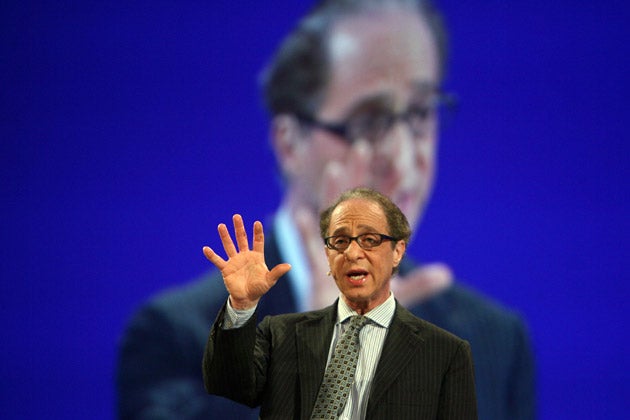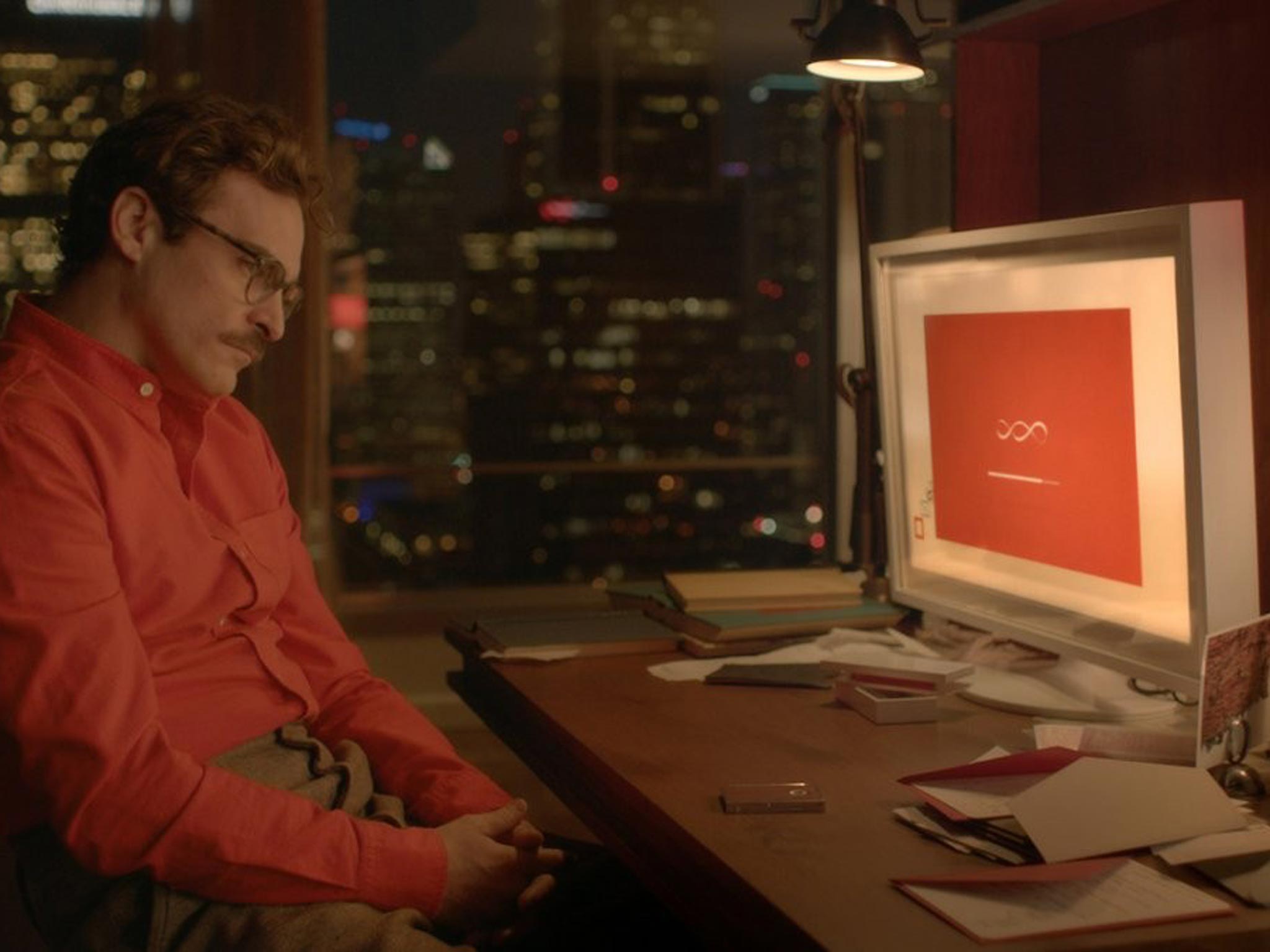'Humans will be able to fall in love with computers within the next 15 years'
The world of the film Her is not as far away as you think, says Ray Kurzweil

Flirting with a computer and even falling in love will be possible within just 15 years, a futurist has predicted.
The world depicted in the film Her, where a man develops a relationship with an intelligent computer operating system, is closer than we think, according to Google’s engineering director, Ray Kurzweil.
Speaking at the Exponential Finance conference in New York last week, he claimed technology will be capable of emotional interaction, NBC News reported.
“My timeline is that computers will be at human level, such that you can have a relationship with them in 15 years from now – 2029,” he said.
“When I say about human levels, I'm talking about emotional intelligence. The ability to tell a joke, to be funny, to be romantic, to be loving, to be sexy, that is the cutting edge of human intelligence, that is not a sideshow.”
Mr Kurzweil claimed Her was a very realistic depiction of what can be achieved.
It may not be a comforting thought to people who have seen Joaquin Phoenix’s character’s soul-crushing attempt to escape his loneliness with Siri-like program voiced by Scarlett Johansson.
Credited with inventing the world’s first flat-bed scanners and text-to-speech synthesisers, Mr Kurzweil is perhaps most famous for his theory of “the singularity” – a point in the future where humans and machines will converge.

He has previously warned that computers will outsmart us by 2029, using the example of voice recognition software and Google’s self-driving cars to demonstrate the rapid advance of technology.
Among his other predictions at the Exponential Finance conference was the prospect of “programming” genes to overcome cancer, diseases and even the ageing process.
Personalised 3D printing for clothing was another possibility, NBC reported.
The 66-year-old is one of the world’s leading futurologists and has previously made strikingly accurate predictions.
In 1990 he said a computer would be capable of beating a chess champion by 1998 – a feat managed by IBM’s Deep Blue, against Garry Kasparov, in 1997.
But earlier this month he spoke out against claims that a computer program had passed the “Turing test” of intelligence for the first time.
He said a chatbot created to simulate a 13-year-old boy called Eugene Goostman was “too restricted” in its abilities.
Join our commenting forum
Join thought-provoking conversations, follow other Independent readers and see their replies
Comments
Bookmark popover
Removed from bookmarks